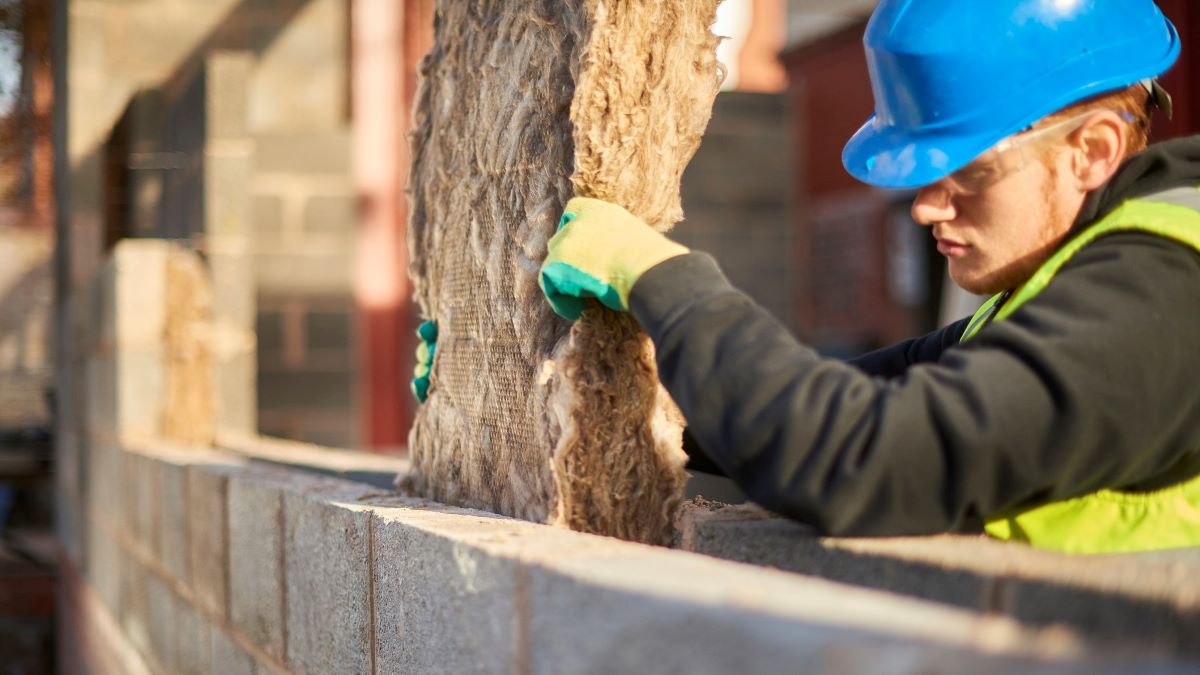As part of plans to replace fossil fuels with renewable energy, there are commitments to deliver a local transport strategy, with proposals in 2022 to publish an electric vehicle (EV) infrastructure action plan informed by the establishment of an EV infrastructure taskforce. We hope this taskforce will move quickly and get the ball rolling on delivering a modern EV charging network able to support the transition to low carbon transport.
In terms of transport, Northern Ireland is highly car dependent, with over 70% of all journeys made by car. Over one third of the country’s population live in rural areas, often travelling to urban areas daily for work.
Public transport in Northern Ireland has seen several positive announcements in recent weeks, with £74 million being allocated for Translink to purchase zero and low emission buses in 2021/22, and the Foyle Metro Fleet benefiting from £30 million to help purchase 38 new zero emission battery electric buses.
In addition, the infrastructure minister has presented a series of research papers to those preparing the energy strategy on Active Travel and Modal Shift, Development of Electric Vehicles in Northern Ireland and Alternative fuels for vehicles and greening the Fleet. We look forward to seeing further investment in active travel and low carbon transport in line with recommendations made in these papers.
